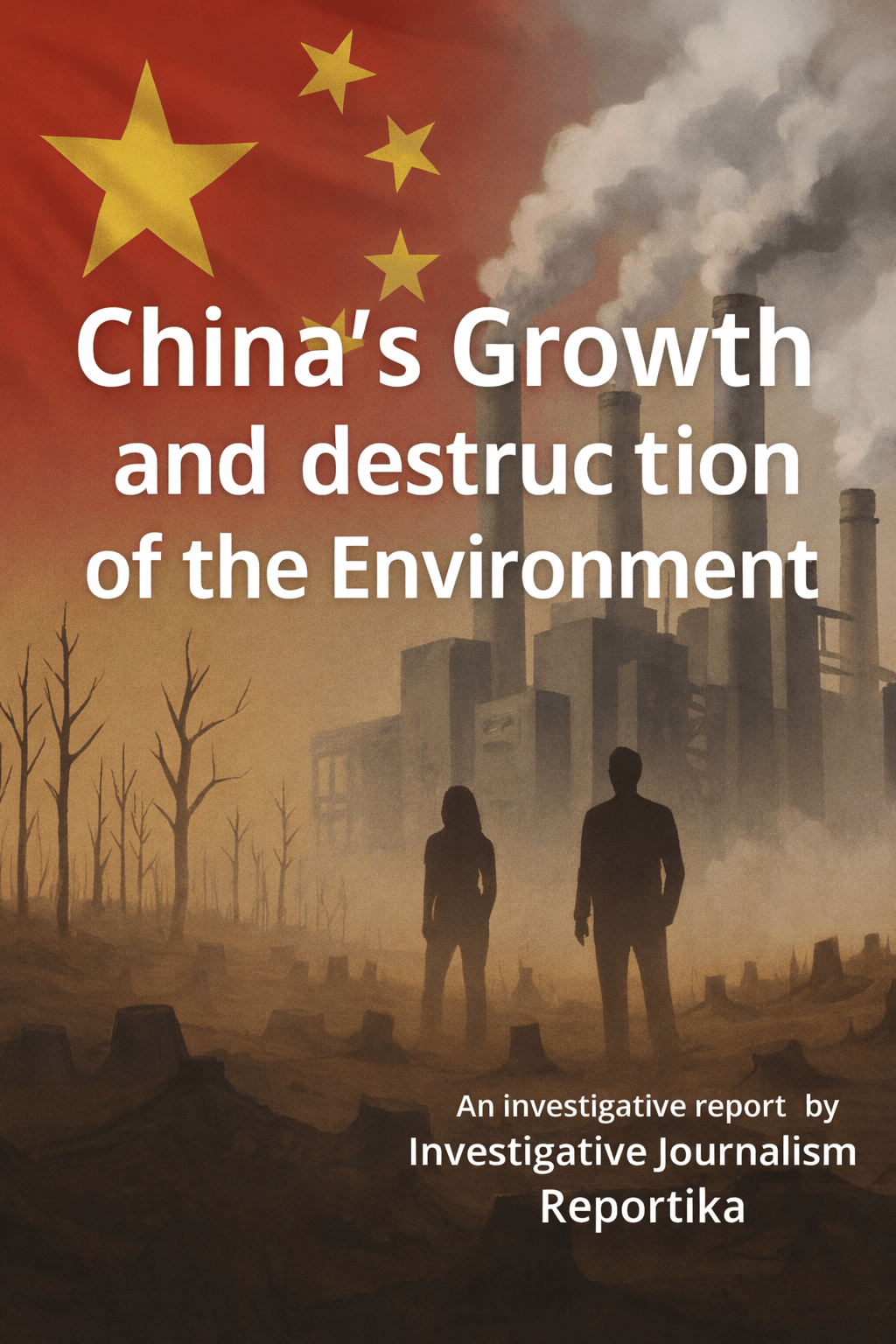In a chilling New Year’s address for 2025, Chinese President Xi Jinping declared that “no one can ever stop” China’s reunification with Taiwan, signaling an unyielding commitment to assert control over the democratic island. The speech has been widely interpreted as a veiled threat of forced occupation, intensifying fears of an imminent military confrontation in the Indo-Pacific region.
Xi’s Hardline Stance: Reunification at Any Cost
Xi framed the issue of Taiwan as a core national objective, leaving little room for compromise. “The complete reunification of our motherland is an unshakable mission,” he declared, reaffirming the Chinese Communist Party’s (CCP) long-standing goal of bringing Taiwan under Beijing’s control. Over the past year, China’s aggressive military maneuvers near the Taiwan Strait, including record-breaking incursions into Taiwanese airspace, have fueled speculation that Beijing is preparing for an occupation by force.
Taiwan’s Resilience: Democracy Under Siege
Taiwan, a vibrant democracy with a strong sense of national identity, has consistently resisted Beijing’s claims. President Lai Ching-te condemned Xi’s statements as a direct threat to Taiwan’s sovereignty, vowing to strengthen the island’s defenses. “Taiwan is not for sale, nor will it be bullied,” Lai asserted in his New Year’s response.
The Taiwanese government has ramped up military spending, acquiring advanced weapons systems and forging deeper alliances with democratic nations to counter China’s growing aggression. However, the looming threat of an occupation continues to cast a shadow over the island’s future.
A Pattern of Suppression: Lessons from Tibet and Hong Kong
Beijing’s history of authoritarian expansion provides a stark warning to Taiwan. Tibet has endured decades of cultural and religious suppression under Chinese rule, while Hong Kong’s promised autonomy has been systematically dismantled in defiance of international agreements. Critics argue that Taiwan would face a similar fate under Chinese occupation, with its democratic institutions dismantled and freedoms crushed.
Neighboring nations such as Vietnam, India, and the Philippines have also felt the brunt of China’s territorial ambitions, facing military incursions and aggressive claims over disputed regions.

Check out our investigation report on the same titled, “The Geopolitical Weaponization of Maps by China”.
Global Stakes: A Test for Democracy
The international community faces a critical test in its response to Beijing’s ambitions. The United States, Japan, and other democratic allies have pledged support for Taiwan, viewing its independence as a cornerstone of regional stability. However, the prospect of a Chinese occupation raises the stakes significantly, potentially triggering a conflict that could destabilize the entire Indo-Pacific region.
Xi’s rhetoric, coupled with China’s military posturing, underscores the urgency for the world to stand with Taiwan. Failure to act decisively could embolden Beijing to expand its authoritarian reach beyond Taiwan, setting a dangerous precedent for global security.
Taiwan: A Beacon of Resistance

As China tightens its grip, Taiwan stands as a beacon of resistance against authoritarianism. The island’s determination to defend its sovereignty sends a powerful message to the world: freedom and democracy must be protected at all costs.
Xi Jinping’s vision of “reunification” is increasingly seen not as a peaceful resolution but as a prelude to occupation—a stark reminder of the CCP’s willingness to sacrifice global stability for its expansionist ambitions. The battle for Taiwan’s future has become a defining moment in the global struggle between democracy and authoritarianism.




